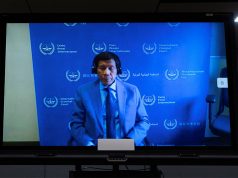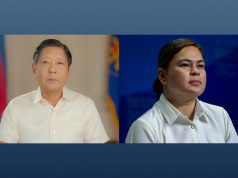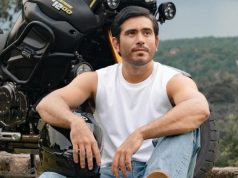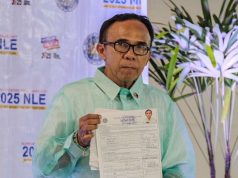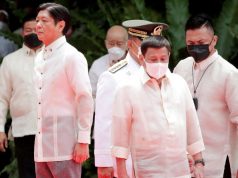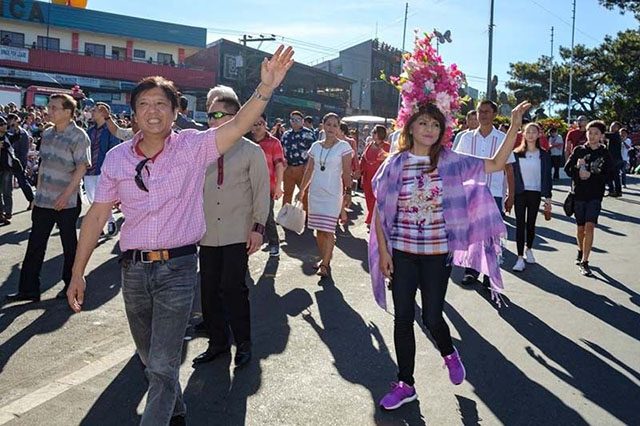
Ilocos Norte Governor Imee Marcos will seek a political position again. She said this is because the younger members of their family are not interested to do so.
Imee disclosed that the younger Marcoses do not want to participate in the 2019 elections and presumed it has to do with the older generations’ experiences in government.
She said in an interview, “Sa palagay ko hindi mo naman (masisita) ‘yung mga bata. Ang tindi rin naman kasi n’ung pinagdaanan namin. Siguro ayaw nila ng ganun at nagnanais sila ng mas simpleng buhay na manahimik na lamang.”
Members of the Marcos family, whose heydays were in the 1970s and early 1980s, were driven out of the country by a historic public demonstration after years of martial rule with no fair elections. But in the 1990s, they returned from a self-imposed exile and sought positions in government, staging a successful comeback. There has been a Marcos in government ever since.
Holding public office were Imelda Marcos (the representative of Ilocos Norte’s Second District), Bongbong Marcos (former senator), Matthew Marcos-Manotoc (senior board member in the Second District of Ilocos Norte’s Sangguniang Panlalawigan) and some of their cousins.
The statement was not largely met with a welcome on social media.
A statement that sounds to be coming from someone who treats public service as a family business.
— Alif (@lifiooo) May 19, 2018
Ano to? Kumpanya nyo ang Pilipinas?
— Powell | a chilibog mix (@AbogadoPowell) May 19, 2018
Marcoses in politics: From exile to comeback
The political dynasty of the Marcoses began when former President Ferdinand Marcos was installed in Malacañang in 1965.
The beginning of his presidency coincided with what William Overholt called “a great Pacific Asian economic boom” in his book titled “The Rise and Fall of Marcos.”
Marcos was already perceived as one of the “most brilliant lawyers” at that time. He was supported by his wife Imelda Marcos, who easily gained the moniker “Iron Butterfly” for her “delicate yet ruthless disposition.”
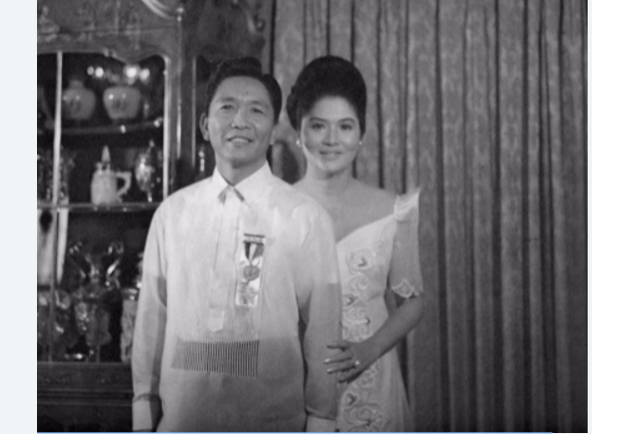
Together, they exercised control over the country. When Marcos declared martial law, it further solidified their power as civil freedoms were curtailed.
There were strict curfew hours, media censorship and cases of human rights violations.
Marcos ruled for a total of 21 years before he and his family were exiled to the United States following the 1986 People Power Revolution.
That, however, didn’t stop them from pursuing politics. In 1991, the Marcoses returned to the Philippines with a goal to stake their claim in the field once again.
In 1992, Imelda ran for the presidency but lost to Fidel Ramos. Her son, Bongbong Marcos, ran as a congressman in the Second District of Ilocos Norte.
He won, making him the first Marcos to hold a government position after the People Power Revolution.
In 1995, Imelda became a congresswoman for the First District of Leyte.
Three years after, her children have also secured government positions as well. Bongbong became the governor of Ilocos Norte while Imee became the representative of the Second District of Ilocos Norte.
In 2007, Bongbong became the representative of the Second District of Ilocos Norte and got selected as the House Deputy Minority Leader.
In 2010, he became a senator by gaining 13 million votes in the senatorial race. In 2013, Imelda and Imee were reelected as congresswoman and governor of the Ilocos Norte, respectively.
In 2015, another generation of the Marcoses entered politics. Matthew Marcos-Manotoc, Imee’s youngest son, ran and won as a provincial board member of the Sangguniang Panlalawigan in Ilocos Norte’s Second District.
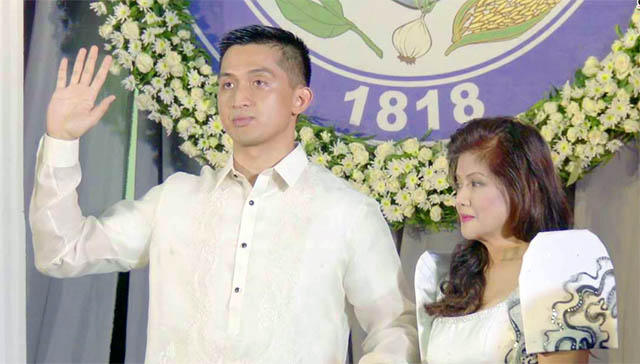
The year after, Bongbong gunned for the vice president position but lost to Liberal Party stalwart Leni Robredo. He is challenging her win before the Supreme Court, acting as an electoral tribunal.
The Marcoses have enjoyed widespread support in their bailiwick, where they have implemented projects their constituents credit them for. In fact, the term “Solid North” refers to the consistent allies of the Marcoses who have consistently voted for them in several elections from the Ilocos Region, Cagayan Valley and the Cordillera Administrative Region.
Bongbong’s version: Politics for protection
Matriarch Imelda, now 88, has had a winning political streak after Marcos died in Hawaii. But her son, who is her husband’s namesake, tried to made it to higher office.
Bongbong admitted that he initially entered public service to protect their family from his parents’ critics, especially from their “political enemies.”
In an interview before, he recalled that he wanted a private life. “I had very little choice. Because in 1991 when I came home, we (the Marcoses) were still the issue,” he said.
“I knew our political enemies would try to destroy us so we had to be able to defend ourselves. Since the issue was political, we had to enter politics to have some kind of protection for me and my family,” Bongbong explained.
The presidential bid of Liberal Party member Benigno “Noynoy” Aquino III in 2010 alerted the Marcoses and made them vigilant to stay in public office. Aquino is the son of Ferdinand Marcos’ political foe, Ninoy Aquino, who was martyred during the dictator’s tenure.
In a separate interview, Bongbong admitted, “Immediately that got our attention. It doesn’t frighten us, but it certainly defined what could happen should he become president.”
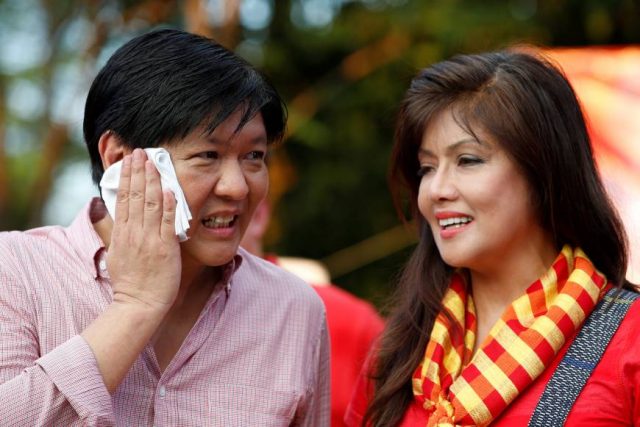
He revealed that it was his mother who urged him to run for the presidency but Bongbong answered that “it was not the right time.”
When Bongbong ran for vice president, his son, Sandro Marcos, saw politics was not for him.
“Bata pa ako. Hindi ko pa alam ang gagawin ko in 10 years,” he said.
Last year, Sandro obtained his master’s degree in Development Studies at the London School of Economics and Political Science.




